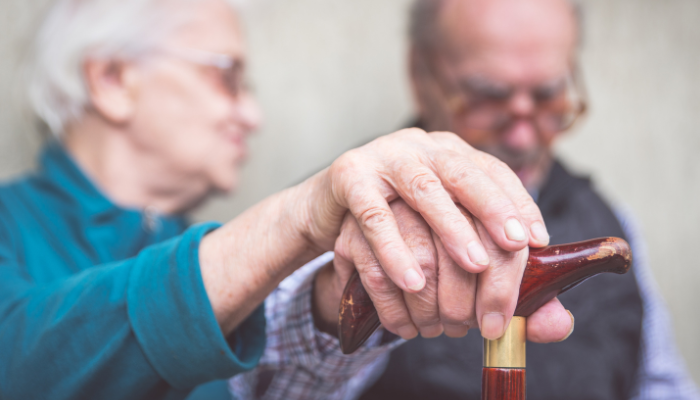Sundowning can be described as the feelings, thoughts, and behaviors individuals living with Alzheimer’s or other types of dementia may experience as the sun sets. Sometimes, sundowning can be challenging for caregivers to manage.
This blog from The Bristal Assisted Living shares symptoms and tips on how to help manage and prevent sundown syndrome.
Signs Your Loved One is Experiencing Sundown Syndrome
Sundown syndrome, which affects up to 20 percent of people with Alzheimer’s, manifests itself in behaviors and varying mental states, including the following:
- Pacing
- Paranoia
- Wandering
- Rocking in a chair
- Violence
- Shadowing others
- Crying
- Yelling
- Insomnia
- Hallucinating
- Disorientation
Individuals experiencing sundowning may also have some of the following emotions, including:
- Sadness
- Anxiety
- Fear
- Agitation
- Restlessness
- Irritability
It’s unclear what, exactly, causes sundowning, but it’s thought to be a result of changes in the brain that happen during the progression of the disease.
Tips for Preventing and Managing Sundown Syndrome
Fortunately, there are effective methods of preventing and managing sundowning symptoms. Below are 13 suggestions:

- Keep your home well-lit. Shadows and darkness can contribute to fear and confusion experienced by your loved one.
- Try to maintain a quiet environment. Turn off the TV and radio, and save the use of machines (lawnmowers, blenders, etc.) for other times. Noise can increase agitation and distraction.
- Encourage better-quality rest. Limit your loved one’s caffeine intake to the morning and create an inviting sleep environment.

- Schedule more demanding activities, such as medical appointments and visits from guests, in the morning. Older adults living with Alzheimer’s tend to be more lucid and energetic in the morning.
- Simplify your language. For example, break down complicated directions into brief, concise steps that are easier for your loved one to follow.
- Allow pacing. If there’s not much room, clear some space and make sure the environment is secure. Consider focusing your loved one’s energy on something purposeful, like setting the table or sweeping. You may also want to accompany your loved one on a walk.
- Avoid serving heavy meals late in the day. It’s best for your loved one to eat a large lunch and a light dinner. Also, ensure your loved one does not consume too much sugar or alcohol.
- Respond to aggressive behavior in a methodical and calm fashion. Do not try to restrain your loved one or argue with them.
- Try to reduce your own stress so that your loved one does not sense your mood and react accordingly.
- Stick to a routine. Seniors with dementia take comfort in patterns and regularity.

- Encourage exercise, especially in the mornings, to reduce agitation and improve sleep.
- Pay attention to the behaviors that your loved one demonstrates. Note their frequency and timing, and advise your loved one’s primary care provider accordingly. They may be able to suggest additional steps you can take to manage sundowning symptoms, as well as adjust medication dosages that might affect the symptoms.
- Take some safety measures. Equip your loved one with an identification bracelet and lock doors and gates to prevent wandering. Alternatively, you can put up large “Stop” and “Do Not Enter” signs on doors and gates.
If your loved one’s sundowning symptoms become unmanageable, speak to your primary care provider to discuss additional options. You may also wish to consider memory care or adult day services, like our Reflections neighborhoods located here at The Bristal Assisted Living communities.
Get More Resources on Alzheimer’s & Memory Care
Read our blog for additional tips and resources on Alzheimer’s and memory care. You’ll find tips for traveling, learn questions to ask when exploring memory care communities, and more.
This blog was originally published in March 2016. It was updated in November 2023.



